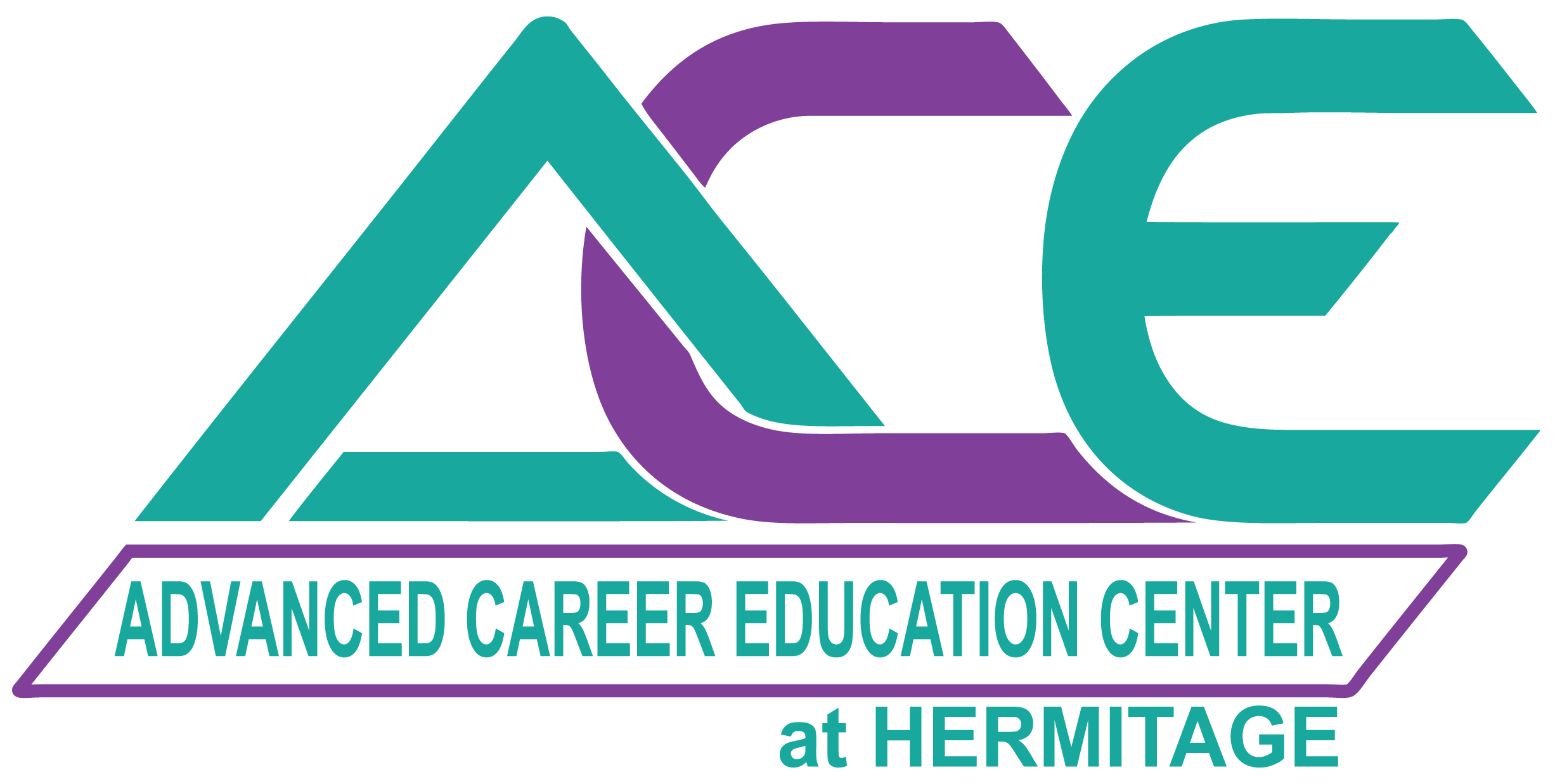Game Design and Web Technologies
💻 Is This a Good Fit for You?
🔍 Prerequisites: Game Design & Web Technologies
Must be a Junior
This program may be a great fit if you:
✅🧠 Are prepared for a rigorous two-year program that blends creativity with technical skill, requiring persistence, problem-solving, and attention to detail.
✅📐 Have strong logical reasoning and math skills to support coding, design systems, and multimedia development—even though these are not formal prerequisites.
✅🕹️ Enjoy working with tools for web design, game development, and software engineering—and want to explore how digital media shapes the modern world.
✅🎓 Are ready to receive instruction from both ACE Center teachers and professors from ECPI University, and understand that professionalism and maturity are essential in college-level environments.
✅🖥️ Want to gain hands-on experience using industry-standard software and technologies to create professional-level digital content for real audiences.
✅📆 Understand that high expectations and consistent attendance are essential to succeed and qualify for certifications and advanced opportunities.
If you're ready to combine creativity with technical skill and take on a challenging program that prepares you for the digital future, this could be the perfect next step.
Program Description
2 years – 6 credits – Advanced Career Education (ACE) Center at Hermitage
This program is designed to be completed in two years during the 11th and 12th grades.
Year 1 ( Junior Year )
Design, Multimedia, and Web Technologies ( 1 credit): Students apply creativity and technology to create visual design, multimedia projects, and web projects, using industry-standard software. Work-based learning experiences allow students to apply layout and design techniques in real-world situations. Students create portfolios that include a résumé, certifications earned, and a variety of projects produced in the course.
Design, Multimedia, and Web Technologies, Advanced (1 credit): In this course, students acquire advanced skills in design, multimedia, and web development by applying project management principles to create professional quality digital media projects. Work-based learning experiences allow students to apply layout and design techniques in real-world situations. Students create portfolios that include a résumé, certifications earned, and a variety of print, multimedia, and website projects produced in the course.
Programming ( 1 credit): Students will develop critical thinking and problem-solving skills by writing programs and exploring programming concepts, using algorithmic procedures, implementing programming procedures in one or more languages, and mastering programming fundamentals. Students will also develop interactive multimedia applications, including apps or games. Concepts in this course shed light on a wide range of career opportunities in the tech industry as students will learn valuable computational thinking skills that help them understand the modern digital world.
Year 2 ( Senior Year)
Game Design and Web Development (1 credit): The game design industry is the fastest revenue growing entertainment medium, and has created many new job disciplines. In this project-based course, students will create innovative games through the application of graphic design, animation, audio, and writing skills. Students will work in teams while developing problem-solving, critical thinking, and effective communication skills. They will analyze, design, prototype, and critique interactive games within a project management environment. Career opportunities across multiple industries, including the entertainment and educational arenas, will be explored.
Game Design and Development, Advanced ( 1 credit): Students will work collaboratively in teams to refine their game design skills as they apply graphic design, animation, audio and writing skills to create innovative games for education and entertainment. This project-based course enhances problem solving, project management, and communication skills through the analysis, design, construction, and critique of interactive games. Students will learn about career opportunities in game design and development and investigate the training and certification requirements.
Programming, Advanced (1 credit): This course is designed for students who have a solid foundation in programming and are ready to deepen their understanding of related concepts and practices. Students will write programs of increasing complexity to potentially solve real-world problems of personal interest and professional relevance. The course focuses on mastering advanced programming techniques, object-oriented programming (OOP), algorithm optimization, data structures, and software development methodologies. Students will explore real-world applications by working on collaborative projects, coding challenges, and hands-on labs. By the end of the course, students will have developed the skills necessary to design and implement efficient, scalable software solutions and will be prepared for further studies in the high-demand fields of technology.
Program Structure and Benefits
Career Technical Student Organization - SkillsUSA: This is a nonprofit organization that prepares students for leadership in the world of work.
Comprehensive Training: The program offers training experiences and classroom instruction to high school students, helping to develop a well-prepared and passionate future workforce in game design and web development.
Real-World Experience: Students will gain hands-on experience using industry-standard tools and technologies, preparing them for real-world careers in game design and web development.
Certifications: Those who complete the program are eligible to earn their CIW Site Development, Unity Certified Programmer, Agile/SCRUM PSM1, and WRS certifications.
Dual Enrollment: Students can earn transferable college credits through our partnership with ECPI University for Programming and Advanced Programming.
Instructor
